FCS Struts Review: Here’s What to Expect
Stylethority is reader-supported. When you buy through links on the site, we may earn a commission.
When it comes to struts, knock-off brands are dime a dozen. Some pop up just to disappear in a few years.
One of the more persistent economy suspension darlings is FCS. Are these any good, considering their huge success on RockAuto or Amazon with products like this strut assembly?
My answer is: meh, very situational. Great for beat-up commuter cars, but not more.
I’ll discuss the trade-off in this FCS struts review, but there are three main drawbacks:
- Lower quality manufacture means you often get fitment issues. I’ll give specific examples later.
- The damping rates are lackluster for rougher roads/potholes.
- Related to the above, they can get noisy/rattle earlier than expected.
Here’s a quick table with the FCS basics:
| Product | Image | ||
|---|---|---|---|
|
Dirt cheap option
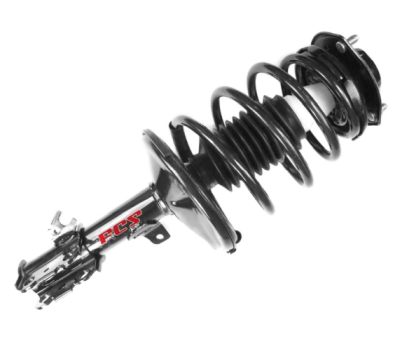
|
FCS Complete Struts
|
Check Prices & Fit |
In short, this is as cheap as aftermarket suspension can get. I know people recommend tempering your expectations with budget struts, but I have to double down on that:
Do not expect even half of the results you’ll get with Monroe or KYB struts when you put FCS on your vehicle. Especially KYB which is the most durable/best-performing option out of the three.
Specifically with Monroe, which FCS gets benchmarked a lot to, you get:
–
- Better rust/harsh weather resistance for those cold/Salt Belt states (if you’re in the US).
– - Smoother, more balanced damping. This is paired up with better steering response over potholes.
– - Fit like a glove on the specified OE applications. As easy of a DIY job as it can get with strut assemblies.
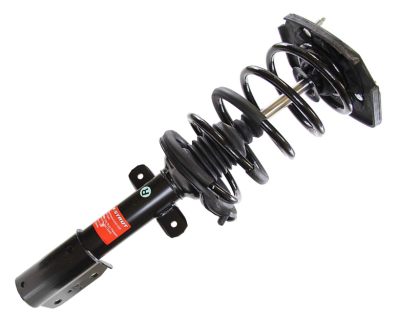
Massive improvement over the basic suspension feel/capabilities of FCS struts. Several key factors which allow for a better design and subsequent performance on the road.
More on that later. In my opinion, if your daily driver is at least a decent albeit older car, it deserves something better than FCS.
Generally, it’s KYB > Monroe > FCS but I’d understand you wanting to save some bucks. Even if you do, at least make sure the fronts are as high quality as your budget allows!
For those with a bigger budget, KYB’s assemblies tower over FCS. One of my friends has been running KYB Strut Plus on his cars for years:
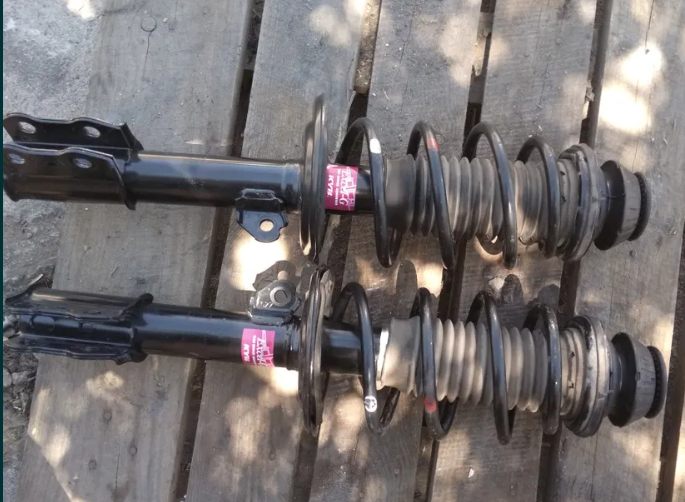
FCS Struts Review:
The gist of it
As I mentioned earlier, FCS is pretty much the poster boy of ultra-economy struts. These can run for only a few dozen bucks on some vehicle applications. It ain’t getting cheaper than that.
I – like many others, have dubbed them the ‘bottom of the barrel struts for beat up, decades-old cars’.
You got an early 90s Camry with 220k miles on it? A shitbox you love with all your heart, but realize it’ll be time for it to go soon?
FCS struts are a good way to prepare your rig for a send-off in the next year or two. They are a step up from other dirt-cheap options like Sensen, for example.
The performance for price ratio is decent, as long as you expect a barebones approach to suspension.
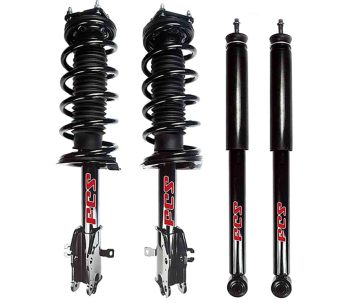
As budget as it gets. For older beat up sedans, these kits are the perfect way to ride them off into their sunset as your daily driver. Stick to commuting on milder road and weather conditions, and it's fine.
There are several factors that make FCS suspension a questionable decision on healthier, newer vehicles.
First, the overall suspension feel is lackluster. The damping rates are wonky, potholes are a pain to go through, and you don’t get the ‘springy’ feel you’d get with better-quality struts. On rougher roads, they can get noisy/start rattling.
Second, the paint job on these is pretty awful. Any coating or paint chips off. To add to this, FCS struts aren’t really great in harsher weather conditions.
The corrosion resistance on these is lackluster too. If you get a lot of salt on your roads in winter, it’ll get to them quicker than slightly more expensive options.
When it comes to colder weather, some people note the FCS rides uncomfortably stiff – in this Toyota Nation thread, as well as some other community discussions.
Third, the fitment can be awkward. Even though FCS struts are said to be an OE fit, sometimes their assemblies don’t align well. I’ve seen people mention any reasons – from ill-fitted spring height to rears bumping into brackets so you need to cut off a bit…
If you don’t care much about any of these things and your focus is saving $$$, FCS is a decent enough option.
An alternative that’s slightly more expensive but still budget-tier could be Detroit Axle:
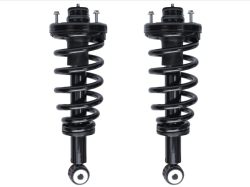
Another budget take on aftermarket suspension. Improves over FCS struts with extra hardware in some kits, as well as slightly better compression/damping rates.
I’ve recommended both Detroit Axle and MostPlus for economy picks in my Toyota struts post, and I’ve mentioned them as a Lexus alternative too.
If you have the money, of course, a better option would be more established brands. Let’s talk about them too.
FCS vs Monroe & FCS vs KYB:
How do they compare?
I’ve written plenty of stuff about the standard tier suspension of Monroe and KYB.
When you peek at car community discussions, people mainly benchmark FCS struts vs their Monroe counterparts. KYB pops up mainly when we’re talking about Japanese cars.
This is pretty much because KYB is an OE supplier on many Toyota/Honda/Lexus etc. models.
Here’s a quick table. It showcases the three main ways Monroe’s Quick Struts shine over FCS struts/shocks:
| Product | Image | ||
|---|---|---|---|
|
Superior Performance
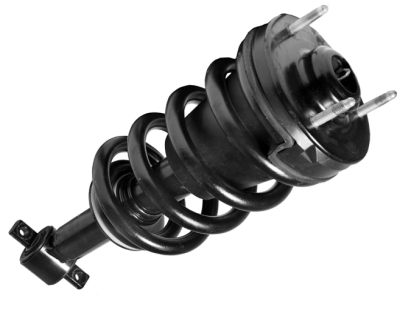
|
Monroe Quick Strut
|
Check Prices & Fit |
Some of these points are especially important if you’re located in specific US states. If you’re in the Salt Belt, the corrosion factor is a must.
One winter and FCS struts might be eaten away by your state’s weather and road conditions.
While some people think Monroe has declined in quality over the past years, the Quick Struts are still miles ahead of economy options. I’ve talked more about them in this OE-related post.
When it comes to FCS vs KYB struts, the suspension gap becomes even bigger.
As I’ve noted in my KYB vs OEM article, KYB has made some important design differences.
The thicker, more massive body shields the strut from fractures. It also helps with overall wheel alignment, which translates into better control over rougher roads.
In short, we’re talking about the perfect strut to plug in a daily driver you care about. Twice so if it’s a Japanese car you want to service with longer-lasting, more versatile struts that offer firmer control.
| Product | Image | ||
|---|---|---|---|
|
The Gold standard of struts
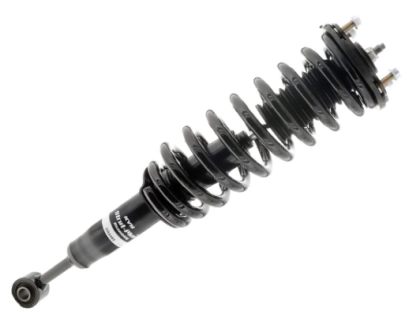
|
KYB Strut Plus (Excel G)
|
Check Prices & Fit |
So what about the DIY aspect of FCS?
People who like economy struts also are fond of something else: installing their new suspension by themselves. You get the double economy whammy this way, saving hundreds of bucks in the process.
As I mentioned, FCS struts are prone to some fitment issues due to their cheap construction. This doesn’t mean you can’t get around this by tinkering around a bit.
Here’s a video showcasing the DIY installation of a set of FCS struts. The specific vehicle application here is a 16-year old Toyota Highlander with some 170k miles on it:
If you know what you’re doing, the replacement job shouldn’t take you more than 2 or 3 hours depending on your rig.
This is pretty much everything I can say on FCS struts. As I pointed out, these are a decent budget take on aftermarket suspension. Just remember they’re best on older vehicles with high mileage.
I’d put them on a final replacement-part-routine Elantra, no issues. You’ll be wasting any newer rig’s potential by not going for something better performing.
Do leave a comment with your experiences running FCS’ struts or shocks. It would be even better if you leave your vehicle’s age and mileage so we can have some extra input.
- Woolx vs Smartwool: Discussing Some Details - October 4, 2023
- Best Struts For Honda Accord & Element: What Works - September 22, 2023
- Bilstein vs Monroe Shocks: My Opinion On What Works Best - September 19, 2023



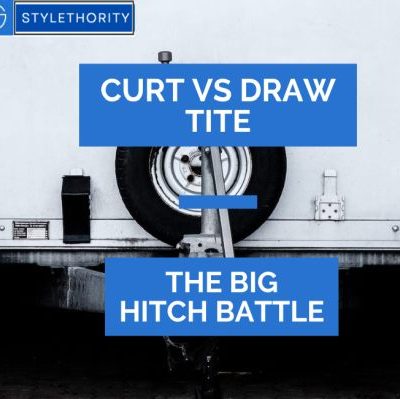
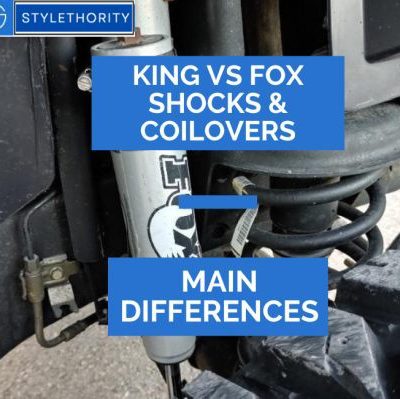
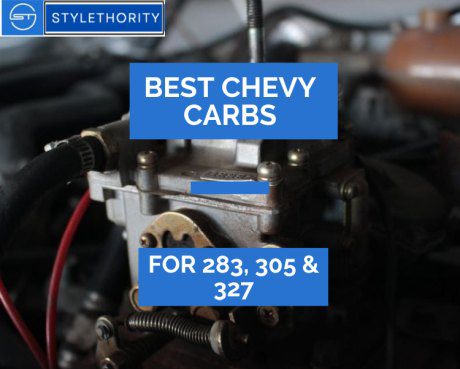
Great job on the fcs struts! A local mechanic (scammer) put those fcs junk struts on my Ford Explorer, 2015, and in 7 months they were rattling over every small bump I went over. I’m going back to the mechanic because fcs has a 1 yr. warranty. He actually paid just over $70 each and charged me $285 each!! Now I understand part cost markups, but not quadruple markups . . .especially for junk!
Hi George!
Oh no, a ’15 Ford Explorer is way too new and way too good of a vehicle to experiment with such economy struts!
Sorry to hear that your mechanic decided this was the most, uh, ‘optimal’ choice.
$285 each is absolutely bonkers. For that price you could’ve at least gotten Monroes (which should be like $110-125 each and then he could have charged the same price per strut for installation and still ended up $30ish bucks below what you describe. Like, even $125 each per strut installation!)
Best of luck with the new strut replacement you’d find after that!
What you describe is similar to what a friend of mine experienced with FCS. The difference is they gave up after 10 months, but so and so his car was on the way to the junk yard…25 years of service and he abused it a lot, lol.
Best,
Xander
Just bought Monroe quick struts for a mazda cx9. After two failed right strut mounts, I conclude they are now trash. The car aslo lost all responsiveness. KYB from now on.
Hi Brian,
Sorry to hear that. I’ve heard an increasing amount of complaints from Monroe’s quality control compared to KYB recently. I’m not sure what’s happening, but it’s sad to see.
Sometimes I wish Bilstein would have more strut applications — at least in North America they’ve been extensively focusing more on shock absorbers for trucks/off-roading, though.
Hopefully, Monroe steps up their QC department. The Quick Struts are a classic and very balanced performance/price-wise, so seeing faulty pairs getting shipped is a bummer.
Best of luck with the KYB!
Xander
I purchased FCS front struts from RockAuto for my 1999 Super clean low miles Mercury Tracer, after the installation now my car is not normal ride hight looks like there’s no engine in the car ! I should have check the reviews!
Sorry to hear that, Lennard! 🙁
Did you end up swapping the suspension for something else?
Best,
Xander
Great Write up. Sounds like an expeienced hands on review and not a AI chatbot.
Th.
Hey Josh,
Thanks for the kind words! Yeah, I don’t think I’d ever use AI for the stuff I’m interested in. This article, as well as the content on this site is written by human hands and a human mind 🙂
It’s a bit slower this way, but personal observations and/or experience matter.
Cheers!
Xander
I put FCS struts on my wife’s daily 2008 Toyota Avalon at 200k miles. A soft ride but no more than before. Happy thus far @215k.
I also put them on my 1999 Toyota Avalon (148k) to replace the worn out originals. A major improvement is an understatement! Very happy with them.
They may be a “budget” replacement but I am happy with both sets.
George, hi!
Thanks for writing this comment and letting me (and the readers) know about your personal experience.
Glad to hear you’re happy with the pair you got — and wishing you many more miles on them!
Best,
Xander
Hi Xander
Thanks for the review. Ive been looking to replace the struts on my Maxima. Ive heard from other reviews FCS is out of Detroit. Does the box say Made in China ? BTW do you have any updates on this instal
Thanks
Richard, hi!
The ‘out of Detroit’ or any US state is a trick a lot of the cheaper brands do. What they do basically is source the hardware/parts from China and then assemble it in their American warehouses.
So the parts are made in China (or Mexico, or Taiwan – other common outsourcing countries). The assembly process is in the US, but that’s not the real manufacture, it’s just the post-production stage of making the car parts.
FCS is in no way made in the US, which is also reflected in the price.
If your Maxima is old and you’re on a tight budget, FCS might be OK. I still prefer the higher-tier knock-off brands (Detroit Axle or TRQ). They shouldn’t be THAT much more expensive, so check these two and see what Maxima owners think of them.
KYB is the best option, but I think a KYB set would run at least 2x-3x the price of an FCS assembly.
Cheers!
Xander